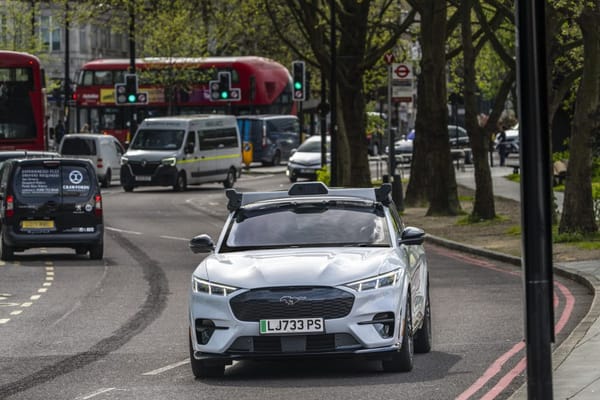No, the First ‘Made in India’ Chip Won’t Originate in Northeast, Contrary to Modi’s Claim
Therefore, the first truly 'Made in India' chips, in terms of complete domestic production, will originate from Gujarat

Prime Minister Narendra Modi recently heralded the establishment of Tata Electronics' semiconductor assembly and test facility in Jagiroad, Morigaon district, Assam, as a significant milestone, suggesting that the first 'Made in India' chip would emerge from the Northeast.
While this development is indeed noteworthy for the region, it is essential to clarify the nature of this facility. The Jagiroad plant is an Outsourced Semiconductor Assembly and Test (OSAT) unit, focusing on the assembly, testing, and packaging of semiconductor chips, rather than their fabrication.
Once functional, the facility will test and assemble chips made by foreign companies in foreign lands. While the plant will be a significant part of the supply chain, Assam, or the North East India, will have no right to the IP.
In contrast, the actual fabrication of semiconductor chips—a process involving the creation of chips from silicon wafers—will take place at Tata Electronics' upcoming semiconductor fabrication plant in Dholera, Gujarat.
This facility, developed in collaboration with Taiwan's Powerchip Semiconductor Manufacturing Corporation (PSMC), represents India's first AI-enabled semiconductor fab and is slated to commence chip production by December 2026.
With an investment of ₹91,000 crore, the Dholera plant is poised to produce 50,000 wafers per month, catering to sectors like automotive, computing, and artificial intelligence.
What Prime Minister Modi likely meant is that chips fabricated in Dholera could be tested and assembled at the facility in Assam. However, even in that scenario, it's unlikely that Assam will share much of the spotlight. The credit and recognition will overwhelmingly go to Gujarat and Dholera — and rightly so — as the actual chip manufacturing will take place there.
The distinction between fabrication and assembly is crucial. While the Jagiroad facility will play a vital role in the semiconductor supply chain by handling post-fabrication processes, the core manufacturing—the transformation of raw silicon into functional chips—will occur in Dholera.
Therefore, the first truly 'Made in India' chips, in terms of complete domestic production, will originate from Gujarat, not the Northeast.
While the Jagiroad facility marks a significant step in expanding India's semiconductor capabilities and brings substantial economic benefits to the Northeast, it is the Dholera plant that will be the birthplace of the nation's first indigenously fabricated chips.
Under Prime Minister Modi’s leadership, significant efforts have been made to build a semiconductor ecosystem in India. The India Semiconductor Mission (ISM) was launched in 2021 to develop a sustainable semiconductor and display manufacturing ecosystem in the country.
With a budget of ₹76,000 crore, the mission aims to attract global players, boost domestic production, reduce reliance on imports, and position India as a key player in the global semiconductor supply chain.
So far, the country has secured one fabrication facility in Dholera and six other testing and assembly units spread across various regions.
Recently, Taiwan Semiconductor Manufacturing Company (TSMC), the world’s largest and most advanced chipmaker, declined India’s proposal to establish a fabrication unit in the country.
TSMC is known for producing some of the most advanced semiconductor chips that power everything from laptops and smartphones to the GPUs used in training advanced AI models.




